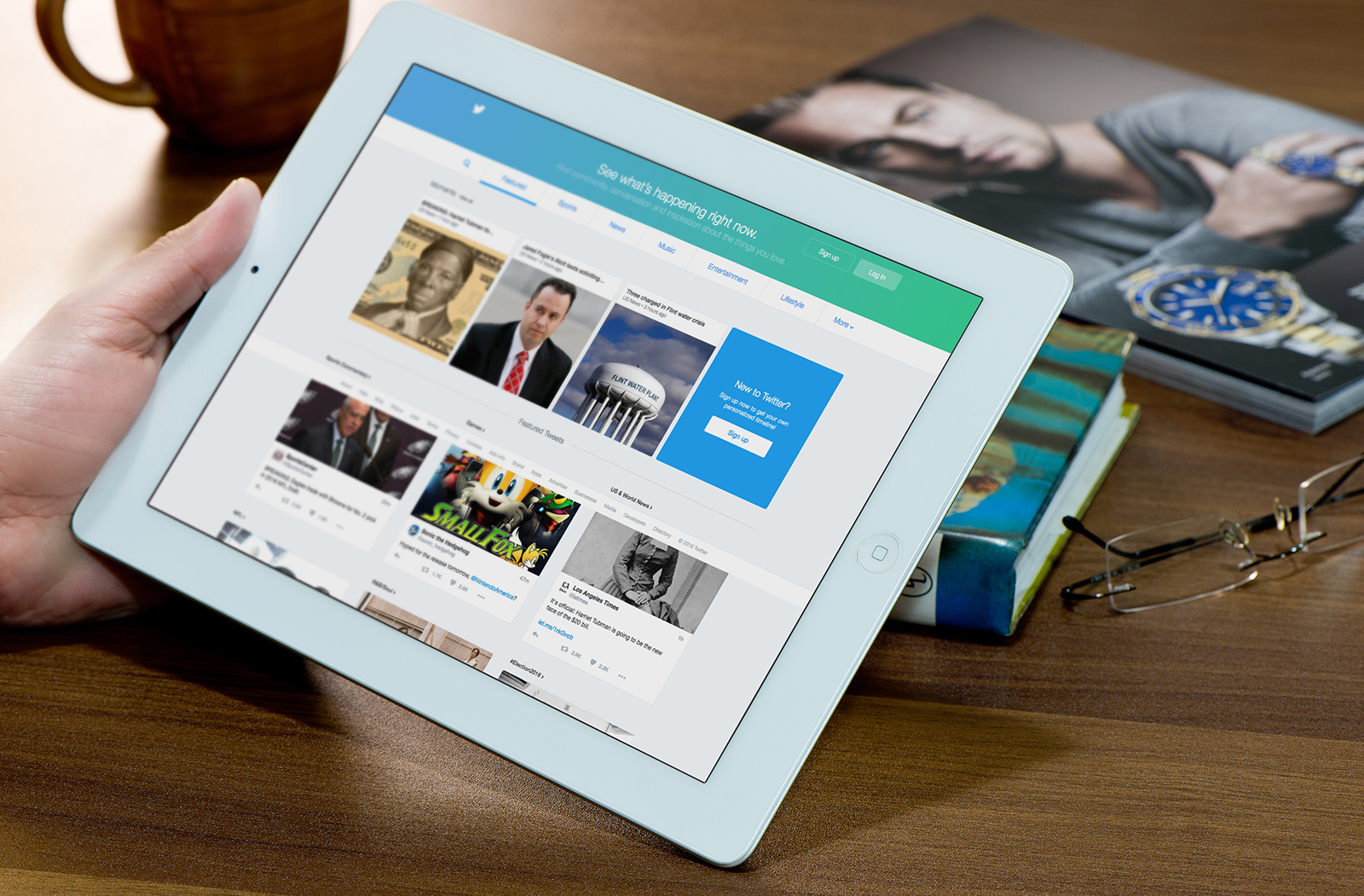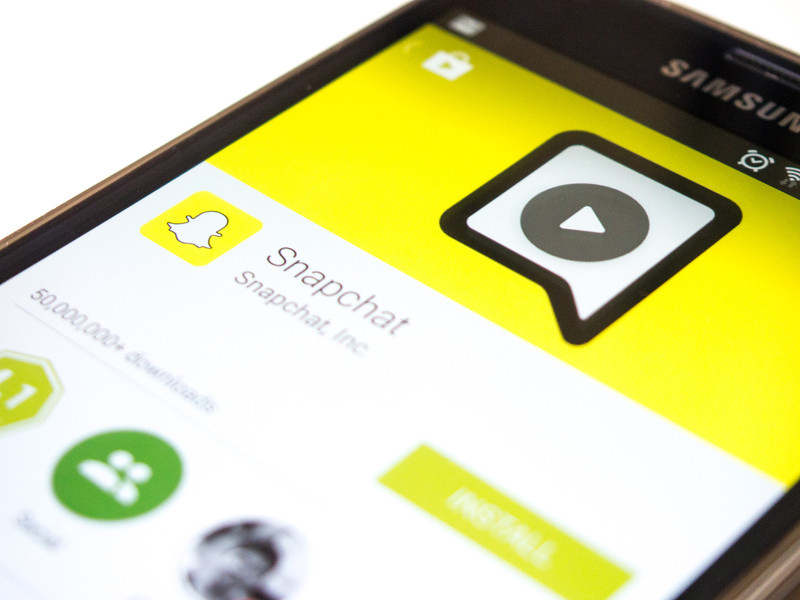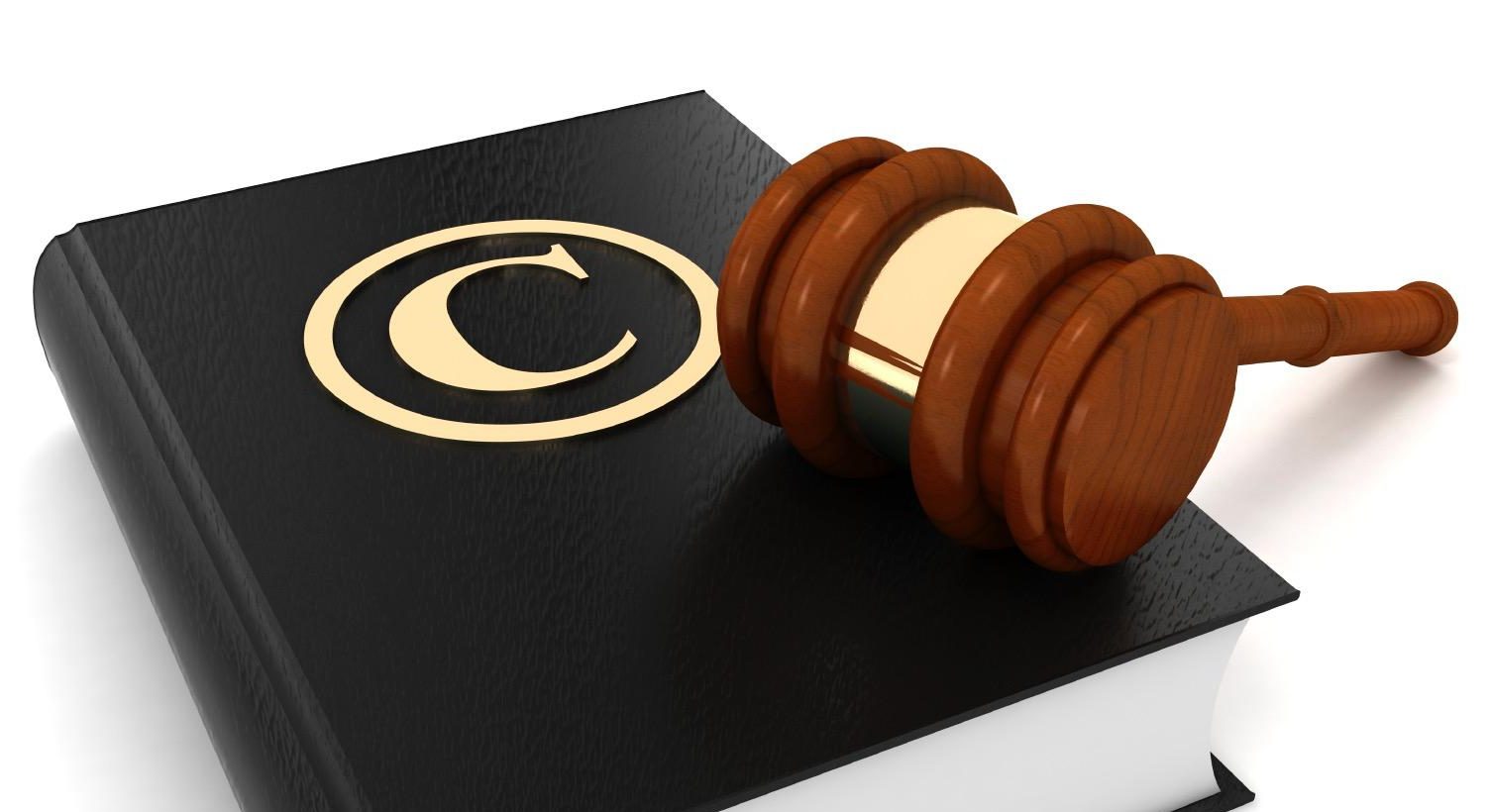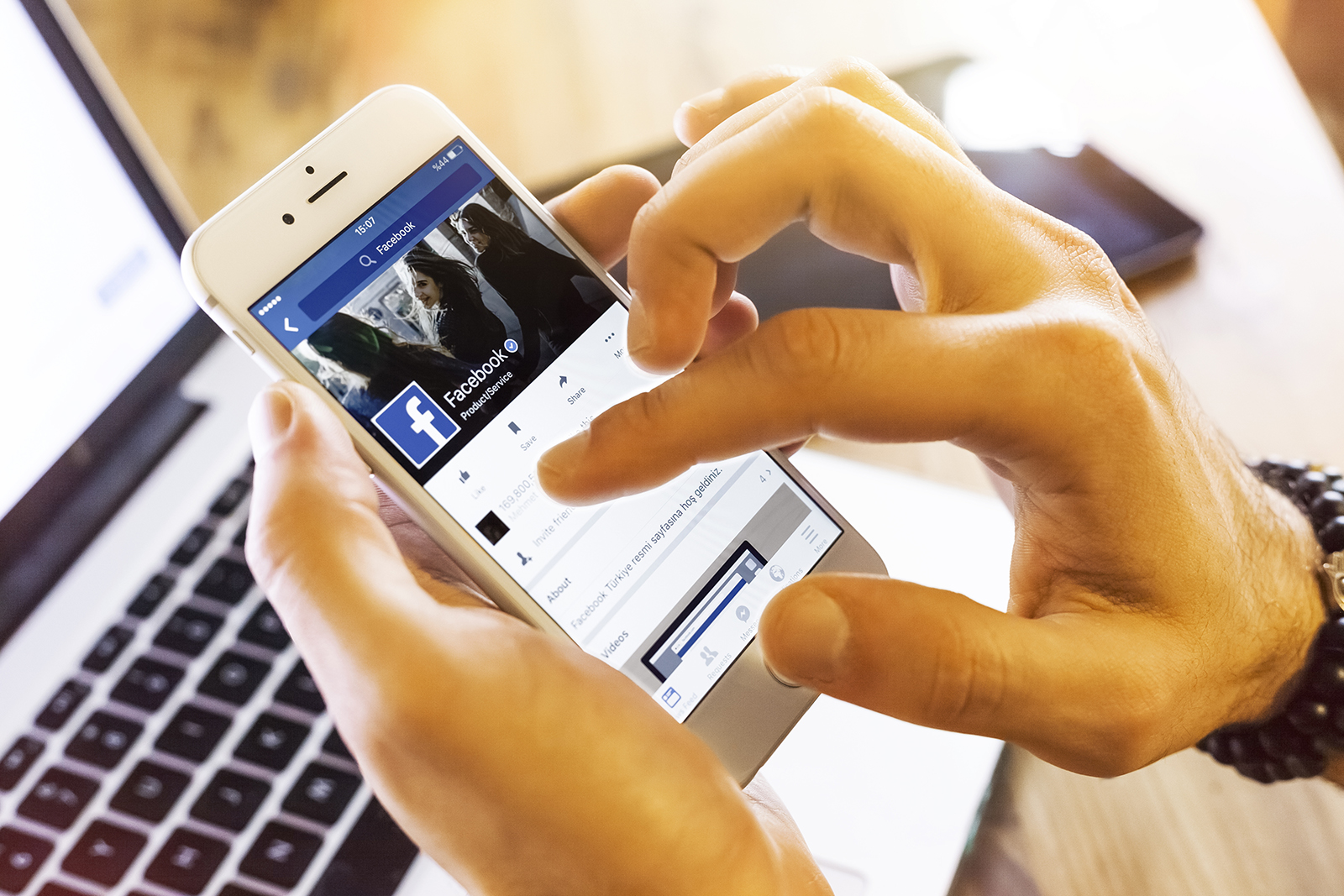With over 100 million active daily users – 86 percent of whom are women – visual bookmarking site Pinterest has become one of the most popular hubs on the Internet. Launched in March 2010 to a limited number of beta users, Pinterest is now worth a reported $11 billion as of 2014. With so many users and so much popularity, the website has become an easy target for cybercriminals to carry out Pinterest impersonation attacks against unsuspecting users.
If you’re not familiar with how the site operates, then think of it as a virtual pin board. The site lets you cull through links and images to compile different boards under categories that you create – home and gardening, pet care, budgeting, crafts and anything else that strikes your fancy. Essentially, it’s a personalized and visually attractive version of your Internet browser’s bookmarking tool.
If you are familiar with or use Pinterest on a regular basis, then you know that it’s more than just a way to remember your favorite sites and learn how to make freezer meals. Pinterest lets you connect with like-minded souls, people who share your interests in everything from fashion to auto maintenance. Celebrities, public figures, bloggers and brands have Pinterest accounts so that followers can learn more about new products and engage in a new and different way from other social media platforms. Nearly 70 percent of Pinterest users are under the age of 40, making the site a prime outlet for millennial marketing.
Like all social media sites, the virtual pin board invites its own share of illicit activity. From hacked accounts to impersonation attempts, Internet black hatters have already taken advantage of Pinterest’s boon in popularity to perpetrate scams and other cybercrimes. Pinterest impersonation is a growing concern for the famous and non-famous alike.
What Your Pins Say About You
It’s easy to see why someone would impersonate someone else on sites like Facebook or Twitter, but Pinterest is different. The site doesn’t allow status updates, and the profile section is relatively small, offering a basic “about me” paragraph and little else. You can upload a picture, but it’s not required, and while you can link to other sites like Facebook, Pinterest can be used without this option. As a hub for other sites, Pinterest doesn’t require the use of a credit card, and there’s no way to make payments on the site itself. So you might wonder why a cybercriminal – or anyone, for that matter – would waste time duplicating an account or creating a fake one based on your information.
The answer lies in influence. Even if you aren’t famous, chances are good that if you’re using Pinterest, you have at least a handful of followers. They may be friends, family members, coworkers and even like-minded strangers who appreciate your taste for DIY home décor.
Spammers can use this information to their advantage. By creating an account in your name, an impersonator can gain access to your list of friends, your interests, your comments on other people’s pins and more. This information might seem harmless, but it can be used to manipulate others to click on false links, download viruses and perpetuate criminal activity. Furthermore, Pinterest gives people clues about your life. If you create a board on budgeting, living frugally or thrifty ideas, for example, then someone could easily assume that you need help with money – even if that’s not the case. Using this information, an imposter could start pleading with your friends for financial assistance. It’s an unlikely but possible scenario. Personal money scams are a go-to cybercrime, and scammers are getting better at it all the time.
The Impact of Pinterest Impersonation
Cybercriminals aren’t the only ones jumping aboard the Pinterest impersonation game. Even well-known public figures have taken advantage of Pinterest’s popularity to further their own agendas. A recent and highly publicized example is that of Sen. Rand Paul (R-KY), who created a fake Pinterest board for Hillary Clinton over Valentine’s Day 2015. The boards on Clinton’s imposter account made references to political issues and other allegations, and some of the posts mocked aspects of Clinton’s personal and political life. Rand Paul even tweeted about the board on Twitter, claiming that Clinton herself had created the account.
Pinterest promptly took the imposter account down because it violated their terms of service by not identifying itself as a parody board – but not before thousands of people around the country gained access to the posts. This is just one example of how a parodied account can damage a person’s reputation. For people outside of media attention, imposter accounts can also ruin job prospects, friendships, relationships and credibility. Your Pinterest boards may seem innocuous, but if a person uses your name, image and influence to start spreading hate speech, propaganda, criminal messages or other similar content, then you have bigger problems to deal with than an online doppelganger.
Pinterest’s Policy on Impersonation
Pinterest operates on the premise of free creative expression, which is why you might find certain types of nudity or other content that could be considered questionable. The site does moderate explicit content, such as exploitative or pornographic images, and it prohibits pins that promote criminal activity, bullying behavior and other related content. According to Pinterest’s Acceptable Use Policy, users also cannot:
Collect or store personally identifiable information from Pinterest or its users without their permission
Impersonate or misrepresent [their] affiliation with any person or entity, including Pinterest
In no uncertain terms, Pinterest makes it clear that impersonation is not allowed. The site also retains the right to remove any content that it feels violates the terms of service. If you learn that someone is using your name and photo to create boards that you didn’t create, for instance, then you can report this violation to Pinterest. Businesses, brands and public figures have the same option, especially when it comes to trademark issues and copyright infringement.
Unlike some social media sites, Pinterest works harder to ensure a safer browsing experience for its users. Since much of the site’s functionality depends on image-sharing, Pinterest has to take a firm stance against violations of its terms of service, and it does. In 2012, that wasn’t necessarily the case. A fake account in the name of then-presidential candidate Mitt Romney garnered significant popularity before Pinterest stepped in. Since then, the site has worked to improve both its public relations and its response to impersonation.
Not only does Pinterest make it easy for people to report violations, suspicious content and impersonations, but the company responds more readily to user complaints than other social media sites. Pinterest also offers a way to appeal a decision or report an error if the site fails to act appropriately or drops the ball when a complaint gets made.
Reporting Imposter Accounts on Pinterest
According to the Pinterest support page on impersonation, the company “may update, transfer or permanently suspend accounts that” violate their impersonation guidelines by intentionally misleading or deceiving other users. To report an impersonation, you’ll need to submit the following to Pinterest:
- The URL of the Pinterest account in question
- The URL to your own account if applicable
- Identifying information to prove that you are who you say you are, such as a link to your other social media pages
The company will investigate whether the account in question is actually attempting to impersonate you. Sometimes, people simply have similar names and interests. To sort out an impersonation attempt, Pinterest looks at pins, comments and the profile as a whole. If they determine that the account is an imposter account, it will be removed or allocated elsewhere in the case of celebrity impersonation. For example, in the Mitt Romney case above, Pinterest simply forced the imposter account holder to create a different account that made it clear that his board was a parody.
Brands and businesses can maintain trademarked information by submitting a request to Pinterest outlining the need for protection. This prevents users from using trademarked and copyrighted information to mislead followers.
Pinning in Private
Pinterest boards are public by default, which makes it easy for imposters to gather all of your info and compile it onto a new, fake account. If you want to keep your information more secure, then you’ll need to tweak with your settings a bit. The point of social media is to connect with other people, but you don’t have to open all of the doors of your life to total strangers – and you shouldn’t. Here are some tips for preventing Pinterest impersonation:
- Make your account private. Your Pinterest account will be viewable by anyone on the site, but you can make it harder to find by changing your search privacy setting. Under the settings tab of your account, click “Yes” for the privacy button. Once you do, your profile will no longer appear in search results on sites like Google. This simple step will eliminate a lot of spam activity, and it could prevent your account from being duplicated or impersonated.
- Create secret boards for certain things. If you don’t want people to know about your special birthday plans for your husband, where you’re traveling for vacation or how much debt you need to pay off by next year, then make your boards private. While all boards are public by default, Pinterest lets users control their own content. Many people use secret boards for things like surprise baby showers or gift ideas, but you can use them to shield your information from prying eyes.
- Follow with care. If you’re about to follow someone you don’t know, do a bit more research to make sure that he is who he says he is. As of right now, there’s no verification process that lets users know when a company is legitimately managing its own content like there is with Twitter and Facebook. Follow Pinterest boards carefully. Likewise, unfollow any board or series of pins that make you uncomfortable. It’s better to be safe than sorry in an open-access environment.
For businesses or brands, impersonation – which could be as simple as someone squatting in the domain name to prevent a company from using it – can be tough to monitor. Companies should create a Pinterest account as quickly as possible to avoid letting an imposter use the name. If someone is already fraudulently using your brand name, then you can report it to Pinterest. The company will usually force squatters to relocate to a new account.
With all of its influence, Pinterest has become a major player in today’s social media experience. By taking a few proactive steps against impersonation, you may be able to keep your account and your online reputation safe from cybercriminals.

 Fake Profile Pictures
Fake Profile Pictures  YouTube Impersonation
YouTube Impersonation  Twitter Impersonation
Twitter Impersonation  Snapchat Impersonation
Snapchat Impersonation  Copyright Protection
Copyright Protection  Spambots
Spambots  Catfishing
Catfishing  Facebook Hacking
Facebook Hacking